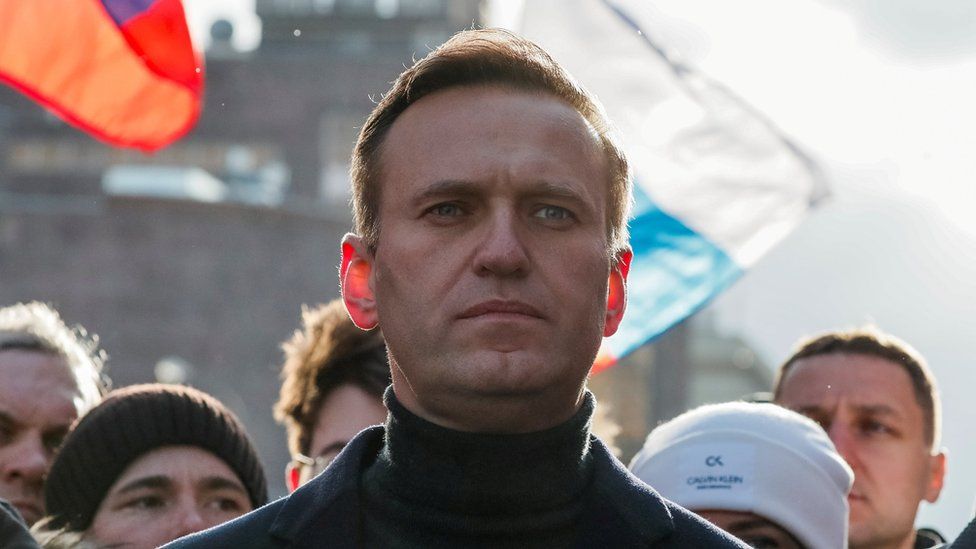
Trump wrenched U.S. foreign policy from the channel in which it had operated since WWII, replacing it with a new focus on the economic interests of business leaders. Trump chose as Secretary of State the former chief executive officer of ExxonMobil, Rex Tillerson, who oversaw the gutting of career officers in the State Department. When the department lost 12% of its foreign-affairs specialists in the first eight months of 2017, it was clear that the Trump administration was abandoning a foreign policy in which the United States tried to defend the idea of democracy and to advance its interests through diplomacy.
Instead, in his first trip overseas, the former president traveled to Saudi Arabia, where he announced the largest single arms deal in American history, worth $110 billion immediately and more than $350 billion over ten years. The White House noted that the deal was “a significant expansion of… [the] security relationship” between the U.S. and Saudi Arabia.
"That was a tremendous day. Tremendous investments in the United States," Trump told reporters. "Hundreds of billions of dollars of investments into the United States and jobs, jobs, jobs." Lockheed Martin, one of the world’s largest defense contractors, cheered the sale.
![Mohammed bin Salman, the de facto leader of the kingdom, has seen a quick rise to power [Cliff Owen/AP]](https://www.aljazeera.com/wp-content/uploads/2018/10/5fdd98e8a37f4a6694195194d883149a_18.jpeg?resize=770%2C513)
“We are not here to lecture—we are not here to tell other people how to live, what to do, who to be, or how to worship,” Trump said. “[W]e are here to offer partnership-- based on shared interests and values—to pursue a better future for us all.”
For the rest of his presidency, Trump worked to weaken the North Atlantic Treaty Organization (NATO), a military alliance among 30 nations of Europe, the U.S., and Canada, formed in 1949 to stop the spread of Soviet, and now Russian, aggression in Europe. Instead, he worked to strengthen U.S. ties to countries with strongman leaders, such as MBS and Russia’s Vladimir Putin. He sidestepped career diplomats to run his own, shadow diplomacy out of the White House, tapping his son-in-law Jared Kushner to secure peace in the Middle East, for example, and asking administration officials to pressure Ukraine President Volodymyr Zelensky to announce an investigation into Joe Biden’s son Hunter.
And he continued to sell billions worth of arms to Saudi Arabia and the United Arab Emirates, even after Congress halted such transfers as indiscriminate Saudi bombing in Yemen created a deadly humanitarian crisis.
One of the first things Biden did when he took office was to freeze for review $23 billion in pending arms sales to Saudi Arabia and the United Arab Emirates negotiated by his predecessor (including 50 Lockheed Martin F-35 fighter jets). Yesterday, he announced he was ending U.S. support for the Saudi war in Yemen.
In his speech to the State Department yesterday Biden said [he wanted] to assure the world that diplomats around the world spoke for the country again: “when you speak, you speak for me.” Later on, he reiterated that idea: “I value your expertise and I respect you, and I will have your back. This administration is going to empower you to do your jobs, not target or politicize you.”
Biden emphasized that he had spoken to “the leaders of many of our closest friends — Canada, Mexico, the UK, Germany, France, NATO, Japan, South Korea, Australia — to [begin] reforming the habits of cooperation and rebuilding the muscle of democratic alliances that have atrophied over the past few years of neglect and, I would argue, abuse.” The message he wants the world to hear is: “America is back. America is back. Diplomacy is back at the center of our foreign policy.”

Biden argued that foreign policy is an integral part of domestic policy. It requires that the government address the needs of ordinary Americans.
This idea—that the U.S. must reform its own society in order to extend the principles of democracy overseas-- was precisely the argument Theodore Roosevelt and other reformers made in the late 1890s when they launched the Progressive Era. When Roosevelt became president in 1901, he used this rationale to take the government out of the hands of business interests and use it to protect ordinary Americans.

“All this matters to foreign policy,” he said, “because when we… rally the nations of the world to defend democracy globally, to push back… authoritarianism’s advance, we’ll be a much more credible partner because of these efforts to shore up our own foundations.”